
- Article
- Article
Bloody capitalism and the cash flow of the menstrual cycle
Once they thrived on taboos and shame. Now period-product manufacturers are finding new ways to flourish in this era of period activism – but products aren’t the end of the story.

- Article
- Article
John Walter on ‘Alien Sex Club’
I’m a painter, but I make worlds.
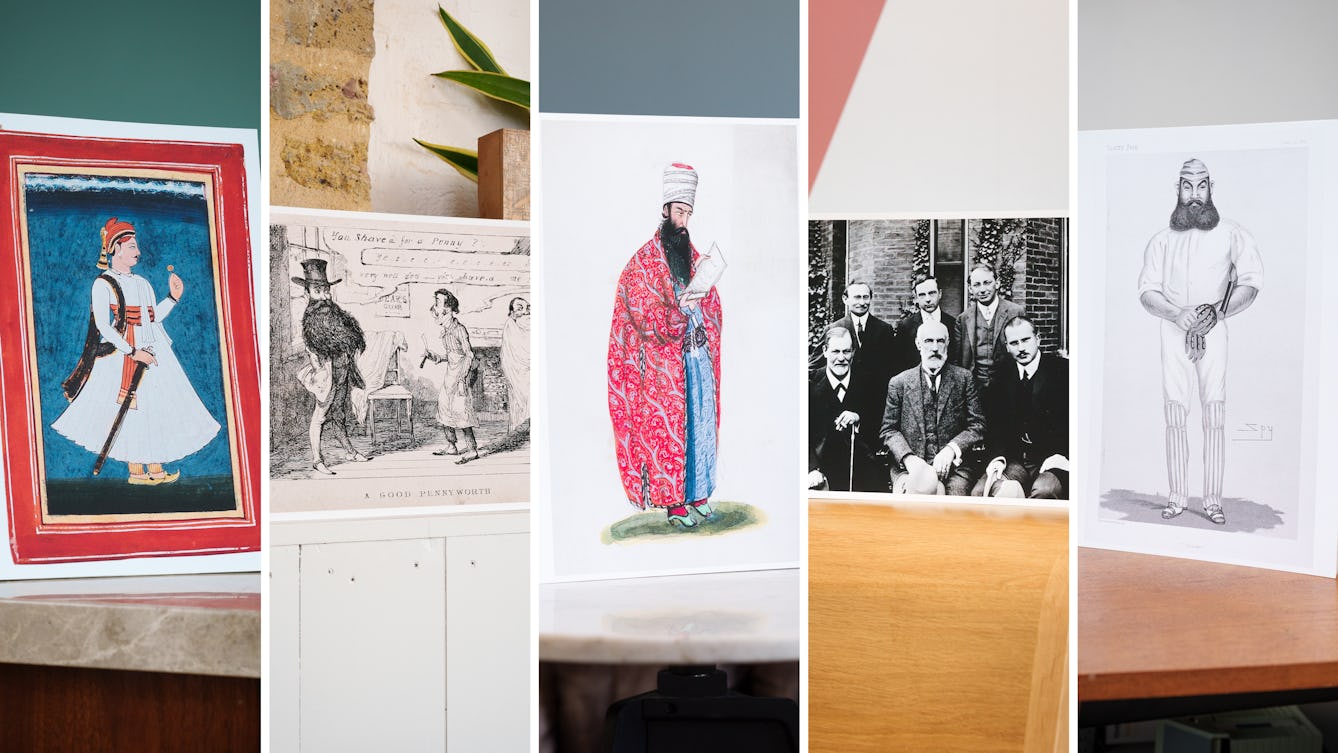
- Article
- Article
What our facial hair says about us
Five bearded and moustachioed men choose five hirsute archive images to help them reflect on the way facial hair is linked with personality and identity.
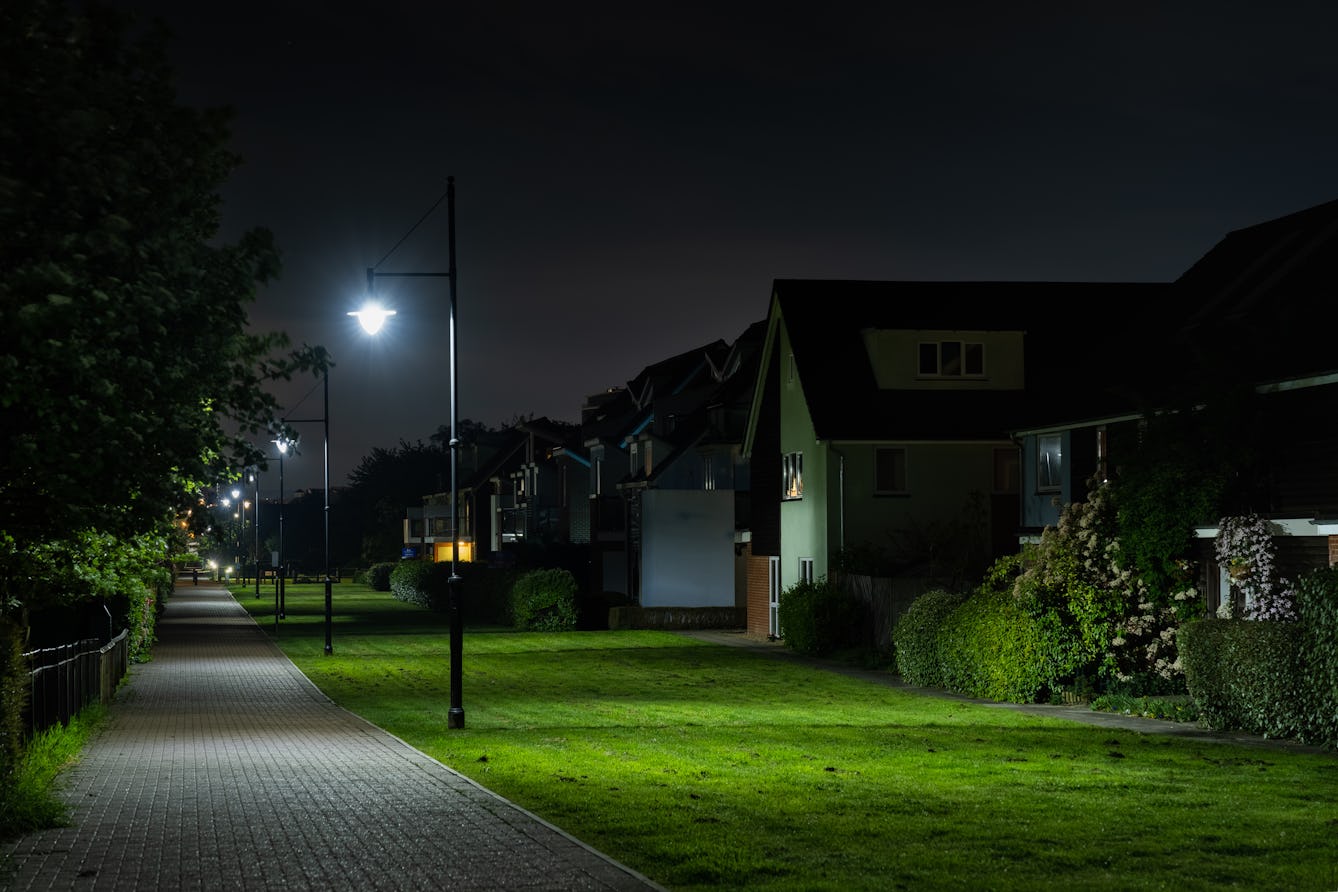
- Long read
- Long read
Our complicated love affair with light
Sunlight is essential, but our relationship with artificial light is less clear cut. It expands what’s possible; it also obscures and polices. In this long read, Lauren Collee pits light against night, and reveals the shady places in between.
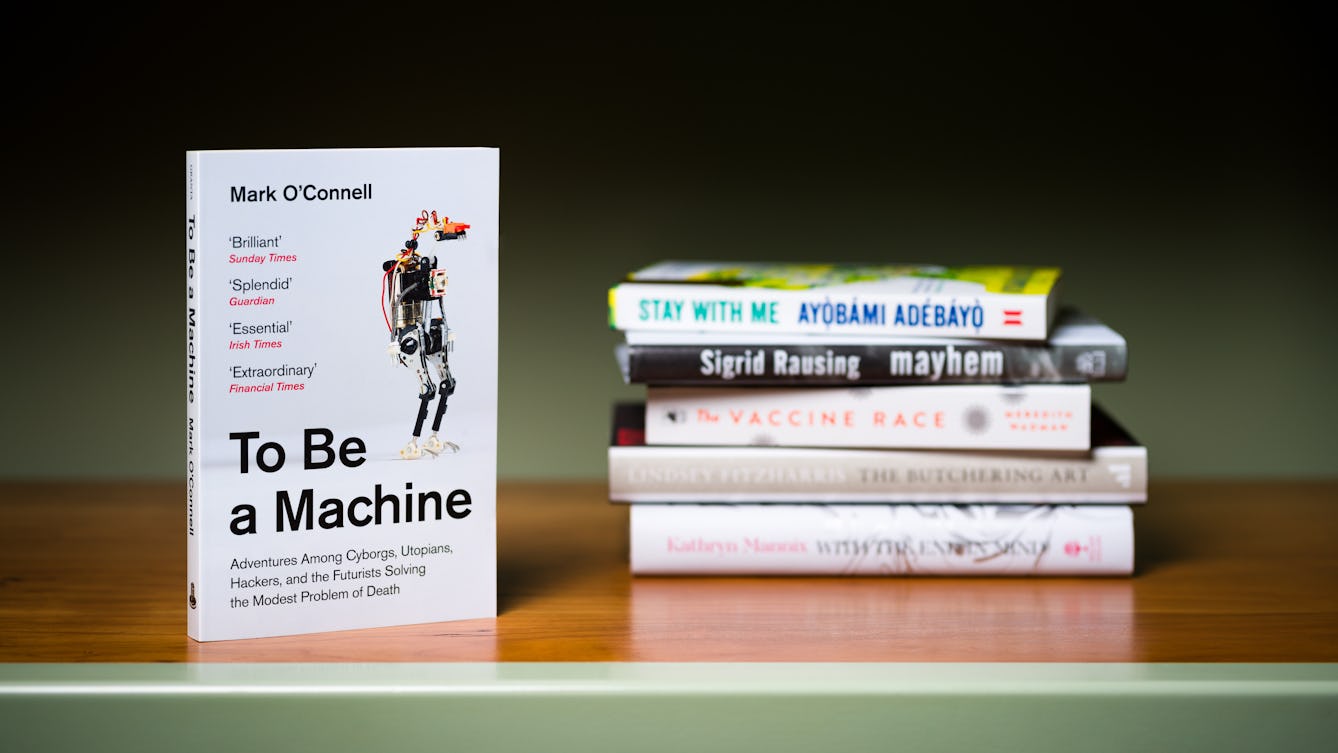
- Article
- Article
Mark O’Connell’s prescription for writing
The Wellcome Book Prize shortlisted author of ‘To Be a Machine’ answers five questions on health, inspiration and storytelling.

- Article
- Article
Can our sexual desires be transformed?
In the 1950s, many psychiatrists thought that homosexuality could be reformed. One found that it couldn’t – and his discoveries led to a change in the law.
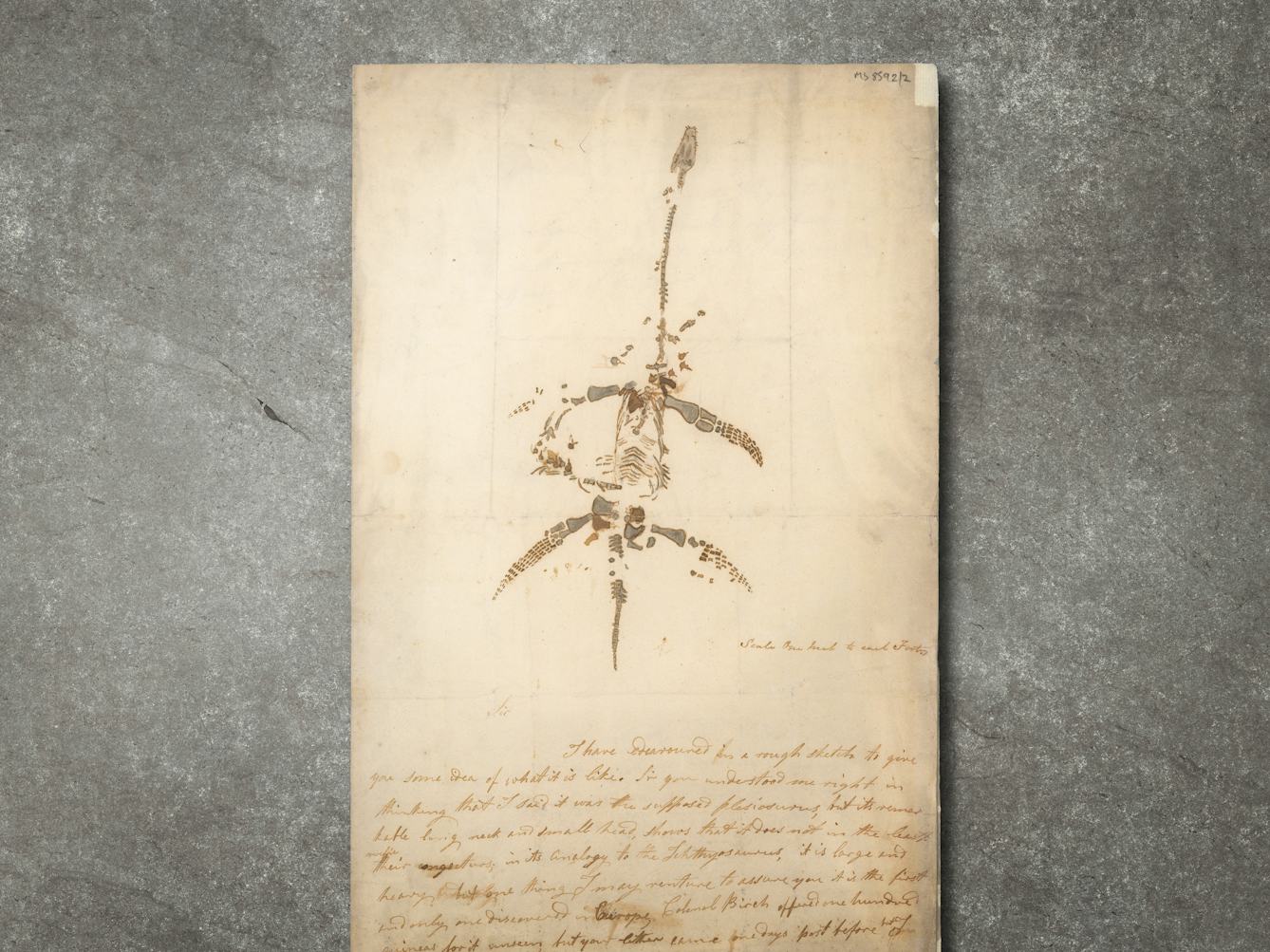
- Article
- Article
Would you like to buy a dinosaur?
Two remarkable letters and a drawing of a plesiosaur by Mary Anning offer a tantalising portal into the exciting world of fossil hunting and discovery of the 1800s.
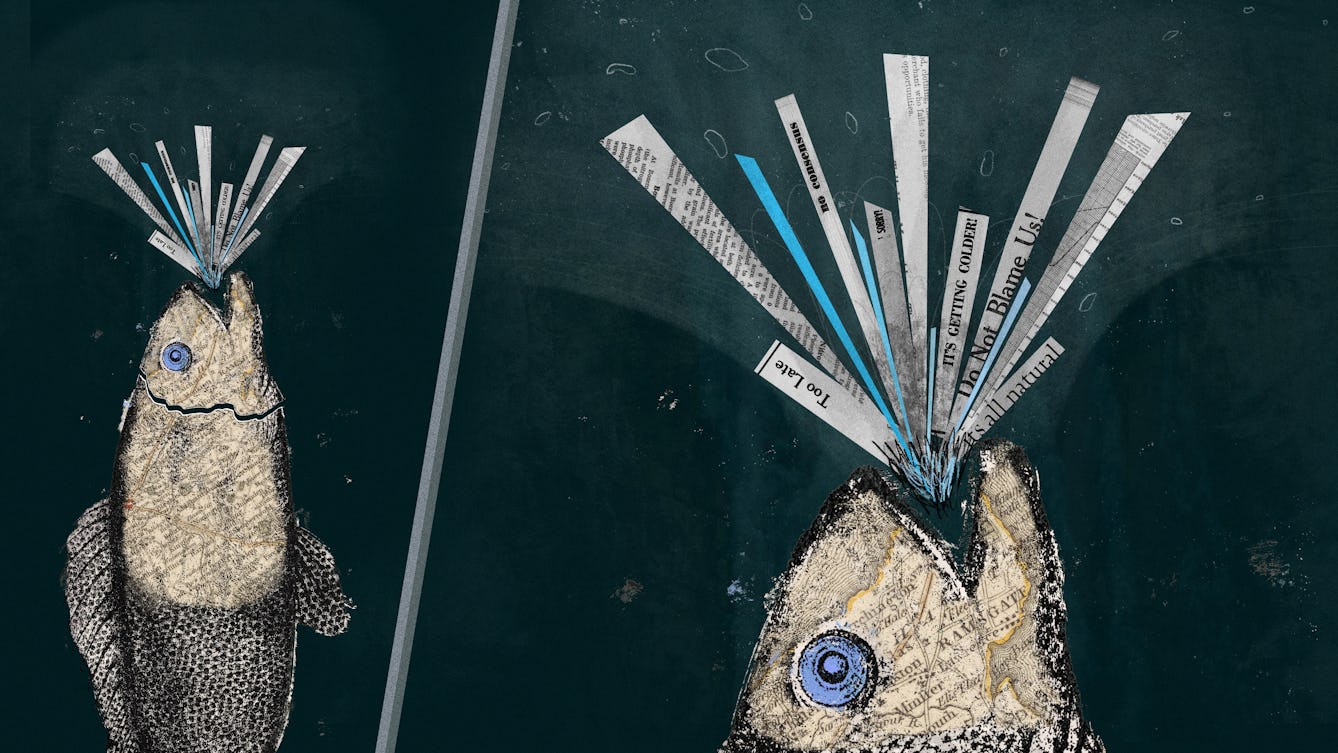
- Article
- Article
Coasting to catastrophe
In climate change, everything – and everyone – is connected. The watery process that will gradually cut off the Isle of Thanet from the British mainland has begun, and everyone in the UK needs to pay attention.
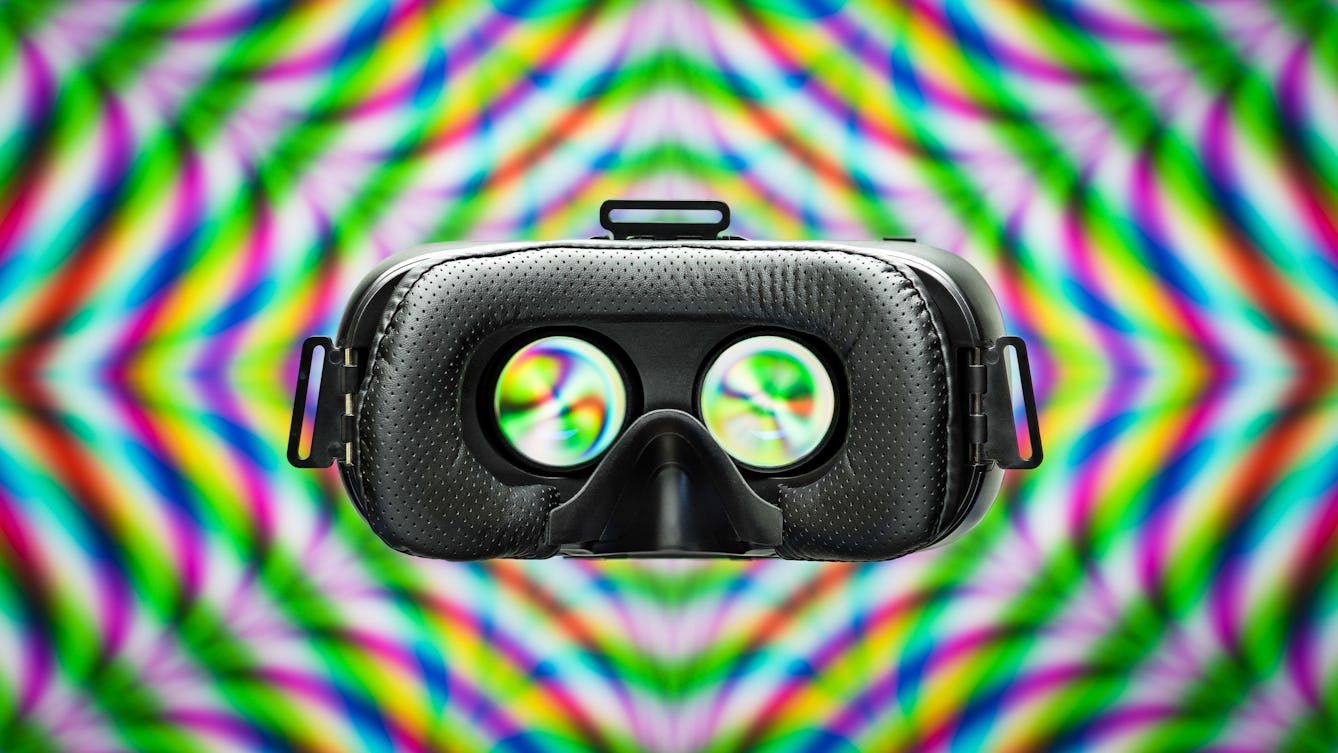
- Article
- Article
Virtual reality and the fix of the future
Virtual reality, with its complex sensory tricks, takes us beyond the real world. Find out how these potentially addictive experiences can harm us – or might even have therapeutic uses.

- Article
- Article
Intelligence testing, race and eugenics
Specious ideas and assumptions about intelligence that were born during the great flourishing of eugenics well over 100 years ago still inform the British education system today, as Nazlin Bhimani reveals.
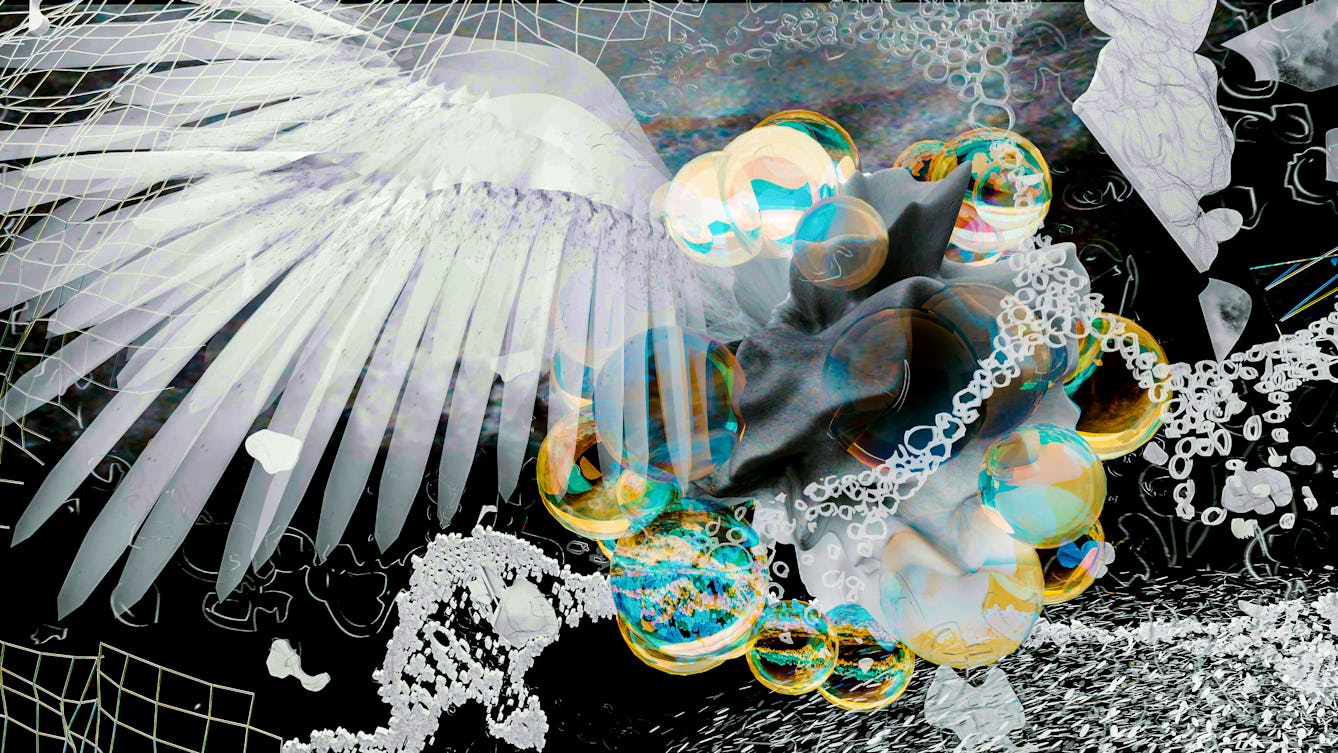
- Article
- Article
Air of threat
Novelist Chloe Aridjis vividly describes the suffocating atmosphere of Mexico City, as a combination of topography, crowded neighbourhoods, and reckless political diktats create a downward spiral.

- Article
- Article
In search of the ‘nature cure’
Under the competing pressures of modern life, many of us succumb to mental ill health. Samantha Walton explores why so-called ‘nature cures’ don’t help, and how the living world can actually help us.
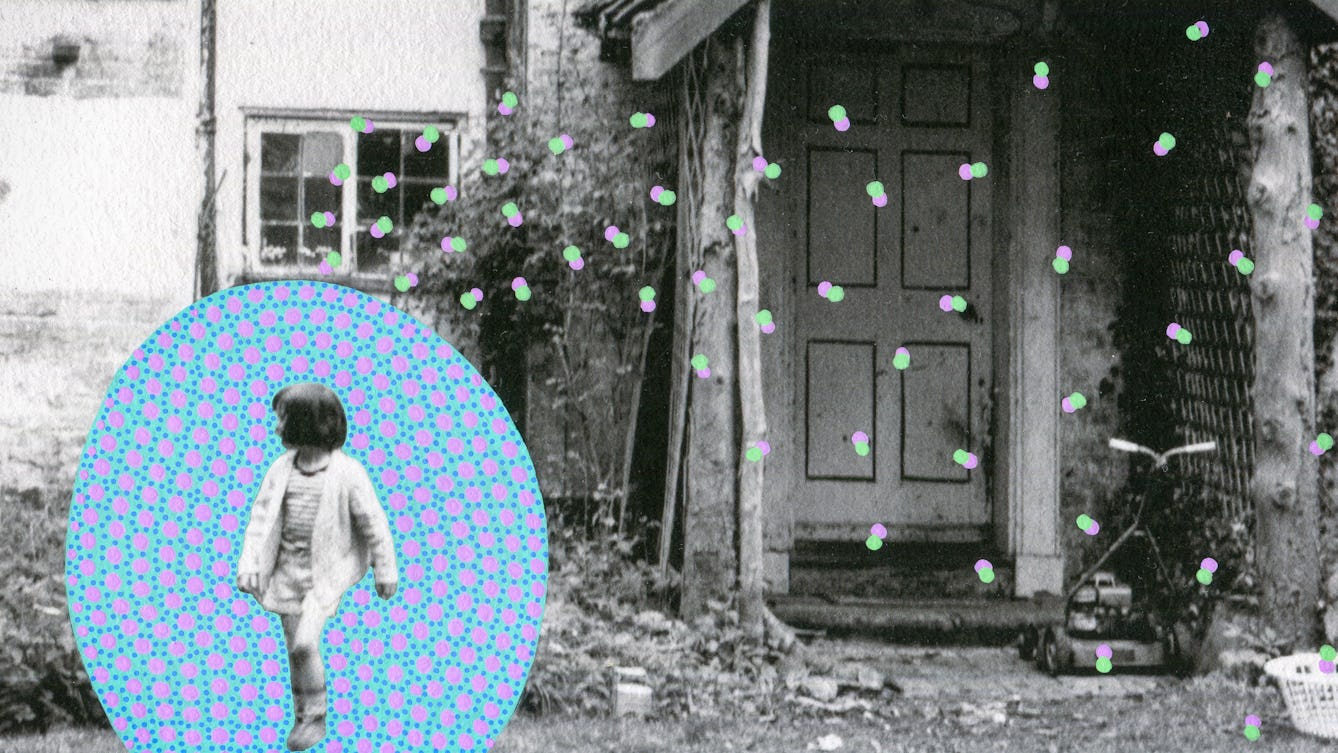
- Article
- Article
Searching for a place to call home
Wherever she’s lived, Tanya Perdikou has rarely felt at home, and numerous moves have perpetuated a sense of disconnection. But signs from nature offer powerful moments of connection.

- Article
- Article
How light pollution affects our circadian rhythms
Too much of the wrong sort of light can send our natural cycles off-kilter – is city life messing with your circadian rhythm?

- Article
- Article
Does mass media pave the way to fascism?
In the aftermath of World War II, psychoanalysts found the psychological roots of authoritarianism closer to home than was comfortable.

- Article
- Article
Crime drama and the realistic cadaver
Today we are accustomed to the increasingly realistic look of dead bodies in on-screen dramas. Special-effects expert Hildegunn M S Traa reveals how crime and morgue scenes reflect the social idea of death.

- Article
- Article
Paris Morgue and a public spectacle of death
Known as the “only free theatre in Paris”, La Morgue was a popular place for the public to view cadavers on display.
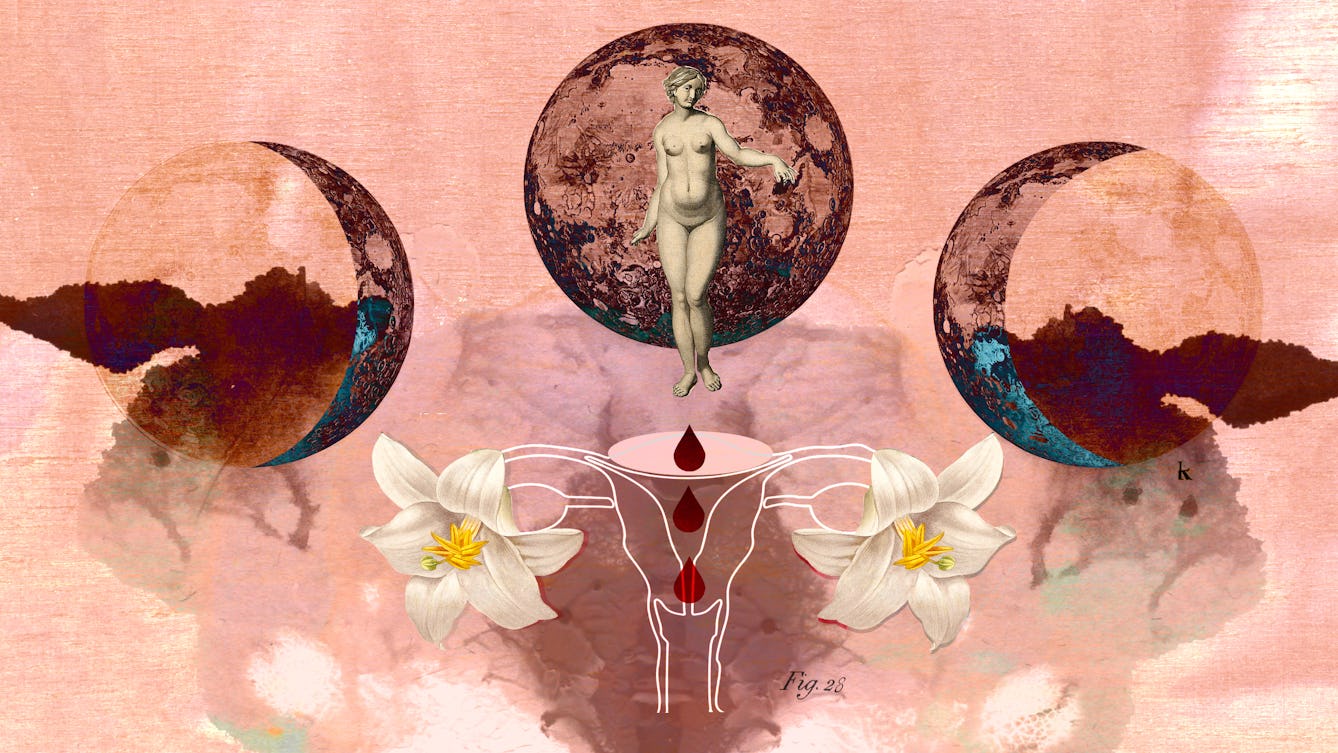
- Article
- Article
Menstruation, magic and moon myths
Why do stories cloaking periods in magic and mystery persist? Pragya Agarwal argues against myth-making and for inclusive menstrual education, grounded in fact.
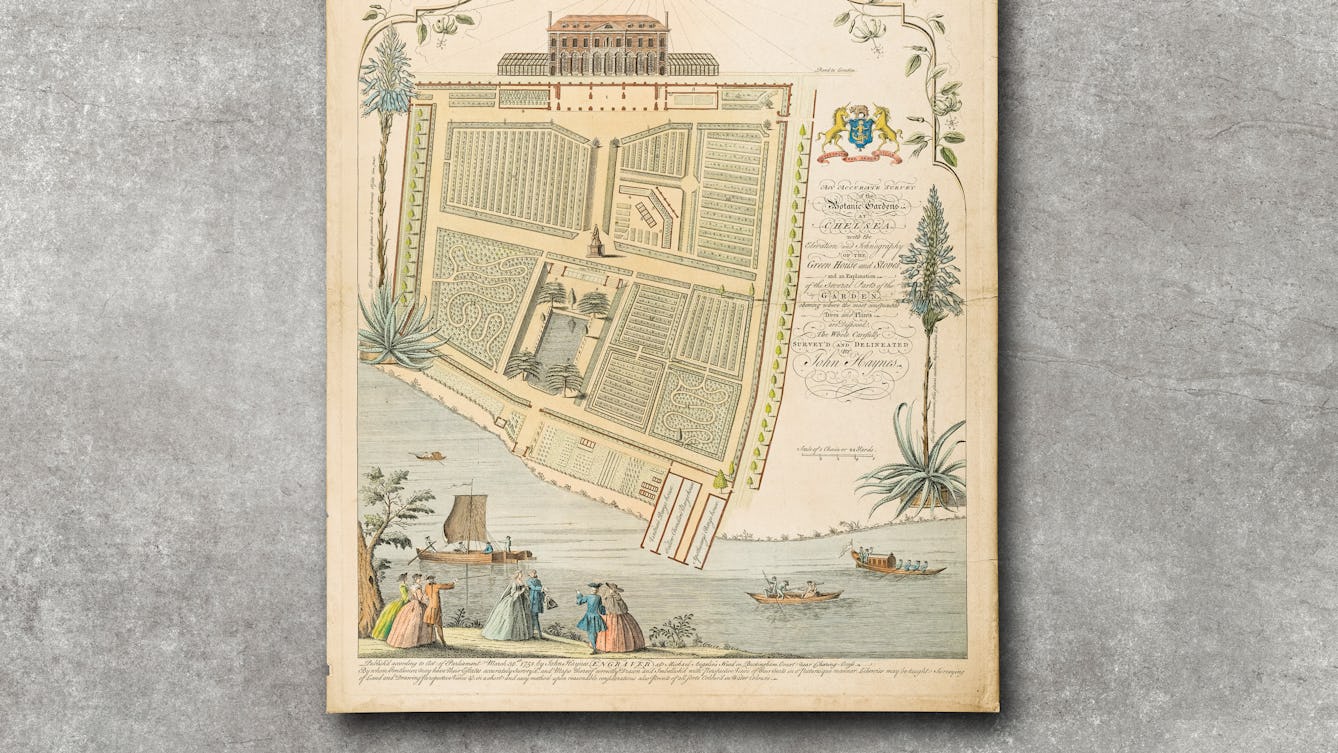
- Article
- Article
The healing power of the physic garden
Having experienced the healing power of plants and gardens, Iona Glen goes in search of present-day “physic gardens” and their origins in history.

- Article
- Article
The seizure dog
Aparna Nair's dog Charlie made her feel safe in the world. His uncanny ability to sense when she was about to experience a seizure also gave her an unexpected ally in her struggles with epilepsy.
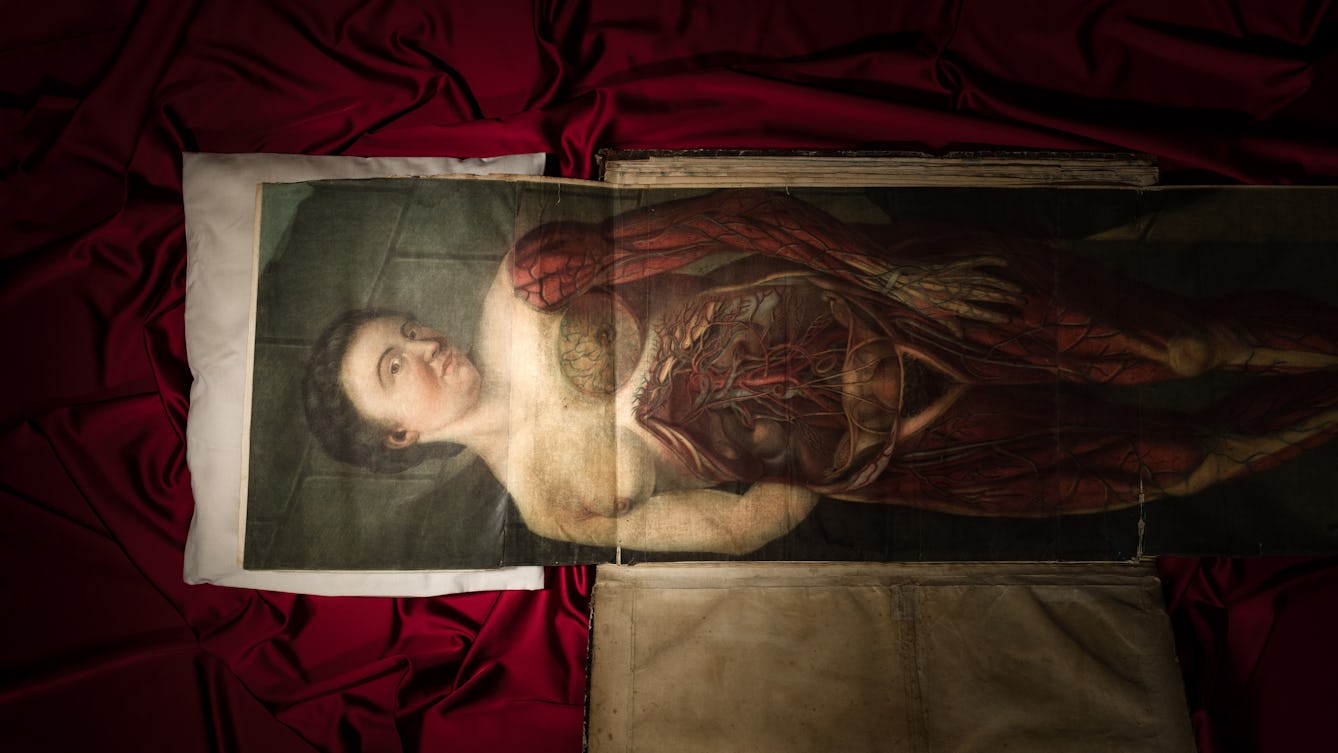
- Article
- Article
Printing the body
The 18th century saw multiple technical developments in both printing and medicine. Colourful collaborations ensued – to the benefit of growing ranks of medical students.

- Article
- Article
The life and death of Tamagotchi and the virtual pet
Discover how the 1990s craze for Tamagotchis became a flood of robotic and virtual pets, sending their owners on an emotional rollercoaster ride.
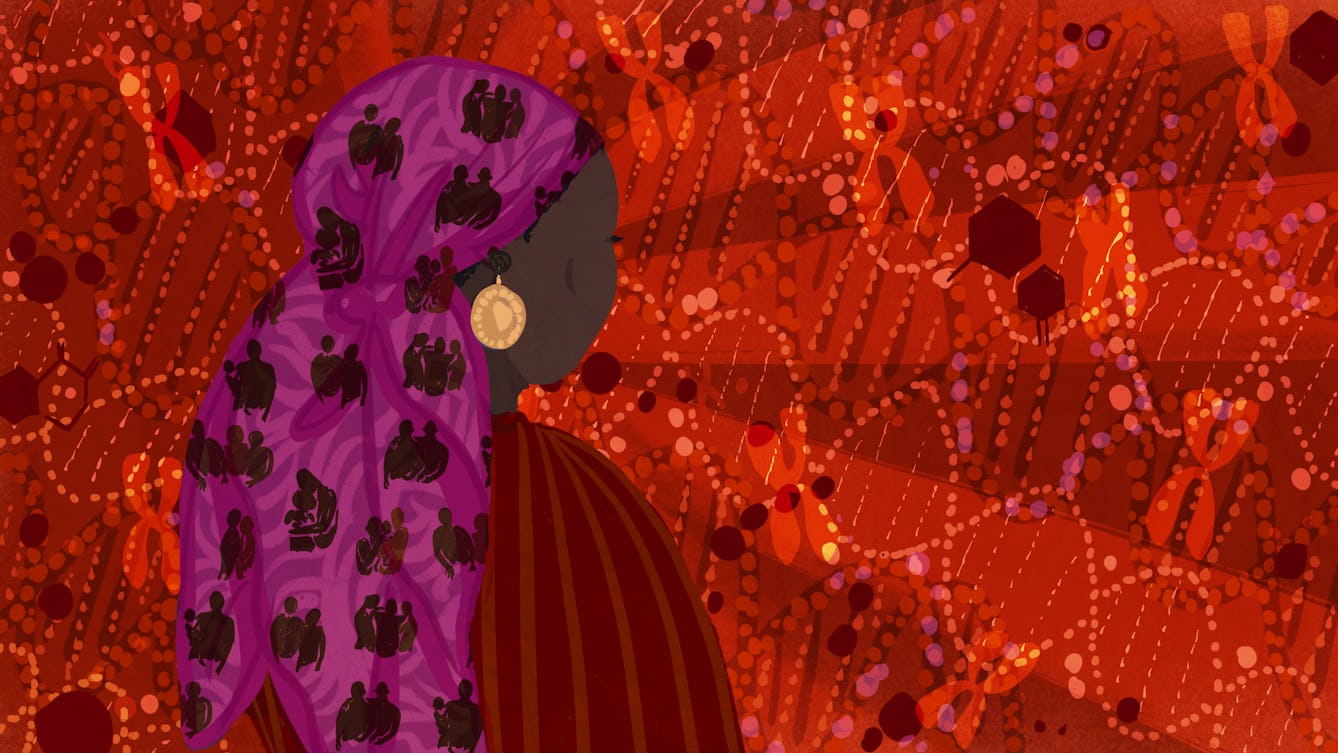
- Article
- Article
Equality in genetics
Genetic counsellor Sasha Henriques harnessed her energy and resolve to tackle the racial biases she saw in her profession – with positive and promising results.

- Article
- Article
It’s getting mighty crowded
Mid-20th-century population-density research on mice produced a whiskered apocalypse, predicted to become the fate of humans too. But perhaps a more compassionate approach could fend this off.

- Article
- Article
How music opens the doors of memory and the mind
People living with dementia can often still listen, perform or move to music. What does this tell us about how memories are formed?